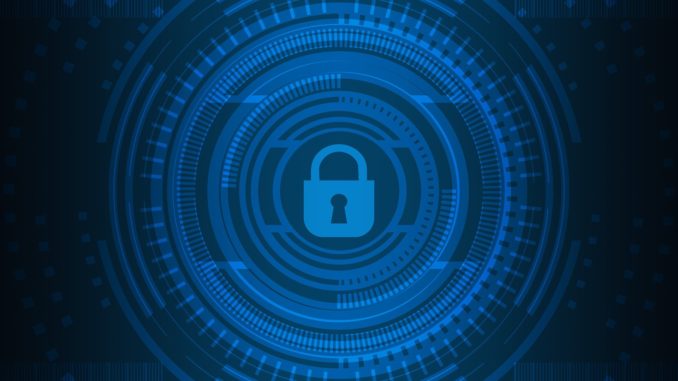
An edtech charity, LgfL, has discovered that only 35% of schools train non-IT staff in cyber-security; this could create a huge problem. LgfL’s report explores the issue
Edtech charity London Grid for Learning (LgfL) is highlighting the need for more cyber security training in schools, following the publication of its Cyber Security Schools Audit. Working in partnership with the National Cyber Security Centre (NCSC), a part of GCHQ, 430 schools across the UK were surveyed to gain a better understanding of future technology and training needs within the education sector.
The report revealed that only 35% of schools train non-IT staff in cyber-security. In light of the fact that 83% of schools have experienced at least one cyber security incident, schools should take this revelation seriously in order to meet the challenge of a growing, and increasingly sophisticated, threat landscape
Further key findings:
- Nearly all schools (97%) said that losing access to network-connected IT services would cause considerable disruption.
- Fewer than half of schools (49%) were confident that they were adequately prepared in the event of a cyber-attack.
- 85% of schools had a cyber-security policy or plan, but only 45% included core IT. services in their risk register, and only 41% had a business continuity plan.
- Schools were aware of data breaches in only three per cent of cases.
Breakdown of cyber-security incidents:
- 69% of schools had suffered a phishing attack (fraudulent emails sent to staff, or staff directed to fraudulent websites).
- 35% had experienced periods with no access to important information.
- 30% had suffered malware infection, including virus or ransomware.
- 20% reported spoofing attacks (where a malicious party poses as a member of staff).
- 11% had suffered attempted attacks to take down a website or online services.
- 21% had documented unauthorised pupil use of computers, networks or servers.
- 11% reported unauthorised staff use of computers, networks or servers.
Preparation and defence:
- Eight per cent of schools had been significantly disrupted by a cyber-attack or incident.
- 99% of schools had firewalls in place, and 98% had antivirus protection.
- 17% had escaped all cyber-security incidents listed in the survey.
Training:
- 92% of schools would welcome more cyber-security awareness training for staff.
Commenting on the results Mark Bentley, safeguarding and cyber security manager at LGfL DigiSafe says, “The Cyber Security Audit provides an invaluable insight into current protection available in schools, and the realities of online threats. With ever-increasing accountability, squeezed budgets and a demanding curriculum, cyber-security preparedness can sometimes fall to the bottom of the school agenda. It’s vitally important that schools offer cyber-security training to their staff, and have basic technical protections in place.”
“Schools should seek access to the right types of information to help them protect their networks against the cyber-threats they face,” adds Sarah Lyons, deputy director for economy and society at the NCSC. “We work closely with the education sector to raise cyber-security awareness across schools, whilst signposting clear, actionable advice to help schools mitigate against common cyber-incidents.
“It’s never been more important for schools to be aware of the cyber-risks and know that free resources are available to help them prepare and respond to a cyber-incident.”
Don’t forget to follow us on Twitter, like us on Facebook, or connect with us on LinkedIn!


Be the first to comment